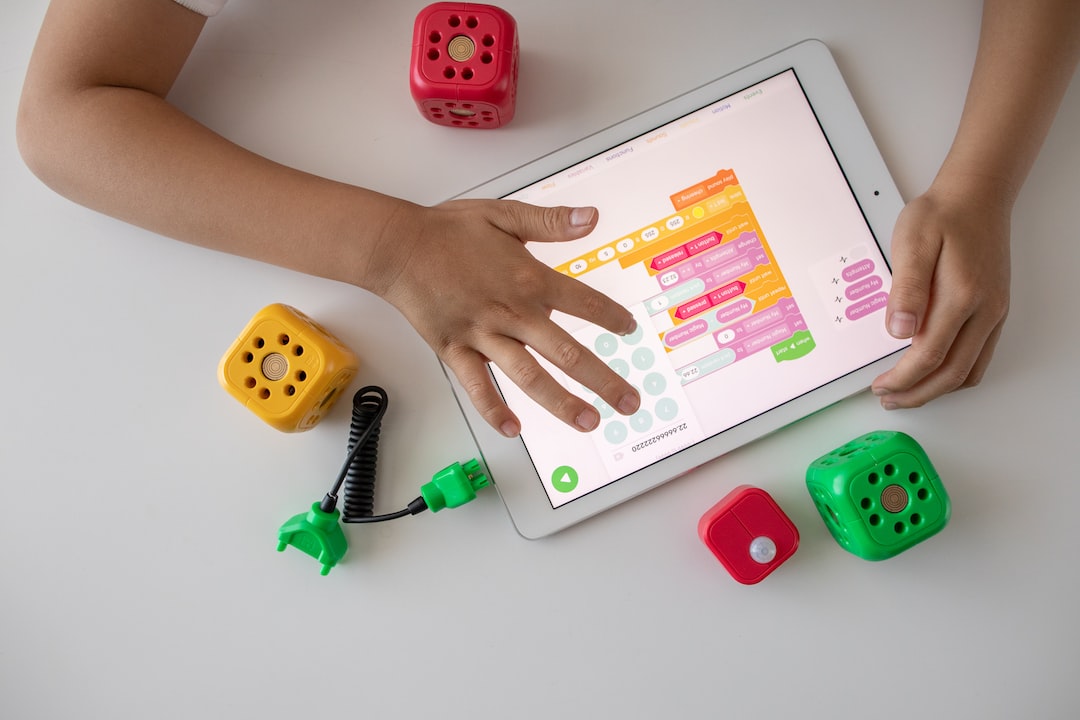Title: How to Effectively Manage Time as a Student
Introduction (100 words):
Time management is a crucial skill that every student needs to master for a successful academic journey. Juggling numerous tasks, assignments, exams, and extracurricular activities can often lead to stress and poor performance. However, with effective time management techniques, students can strike a balance between their studies and personal life, resulting in improved productivity and overall well-being. In this blog post, we will discuss some practical and proven strategies to help students effectively manage their time.
1. Prioritize and Plan Ahead (150 words):
Effective time management starts with setting priorities. Begin by creating a to-do list of all the tasks and assignments you need to complete. Assign deadlines to each item and rank them according to their importance. Prioritize tasks that carry more weight and require more time.
Once you have a clear plan, break it down into smaller, manageable tasks. Set achievable goals for each day or week, ensuring that you allocate enough time for each task. Avoid procrastination by setting realistic deadlines that allow for sufficient time to complete tasks without feeling overwhelmed.
2. Create a Schedule and Stick to It (150 words):
Developing a schedule helps establish a routine, allowing you to manage your time more effectively. Plan your day in advance, allocating specific time slots for different activities – studying, attending classes, exercising, and personal leisure activities. Ensure your schedule includes dedicated time for breaks, as they help maintain focus and prevent burnout.
Utilize digital tools such as calendars, planners, and scheduling apps to help you stay organized and remind you of upcoming deadlines. However, remember that the key to successful time management lies in discipline and adhering to the schedule consistently.
3. Minimize Distractions (150 words):
Distractions are a major productivity killer, especially in the digital age. Limiting distractions increases your efficiency and allows for better focus on tasks at hand. Start by turning off notifications on your phone or putting it on silent mode during study or work hours. Additionally, avoid using social media or browsing the internet unnecessarily while studying, as it can easily consume valuable time.
Creating a conducive study environment is equally important. Find a quiet place with minimal interruptions, and make sure your workspace is organized and clutter-free. Establish boundaries with friends and family, making it clear when you need uninterrupted study or work time.
4. Learn to Delegate and Seek Help (150 words):
Even the most organized individuals can feel overwhelmed when faced with an excessive workload. Learning to delegate tasks and seeking help when needed can significantly reduce stress and increase productivity. Reach out to your classmates, friends, or family members for support on group projects or assignments. Sharing the workload not only promotes teamwork but also allows for efficient time management.
Additionally, don’t hesitate to seek help from your professors, academic advisors, or tutors when struggling. They can provide guidance, clarification, or helpful resources that will enable you to complete tasks more effectively.
5. Practice Effective Study Techniques (150 words):
Efficient studying techniques are crucial in optimizing your time and retaining information effectively. Start by breaking down your study sessions into smaller chunks with regular breaks in between. This technique, known as the Pomodoro Technique, enhances focus and prevents mental fatigue.
Utilize active learning methods such as summarizing information, visual aids, and concept mapping to reinforce understanding and improve retention. Moreover, practice effective note-taking to record and review key concepts efficiently.
Conclusion (50 words):
As a student, mastering the art of time management is essential to improve productivity and maintain a healthy work-life balance. Incorporating strategies such as prioritizing tasks, creating a schedule, minimizing distractions, seeking help when needed, and implementing effective study techniques will undoubtedly contribute to your long-term success as a student. Start implementing these techniques today, and witness a transformation in your academic journey.

